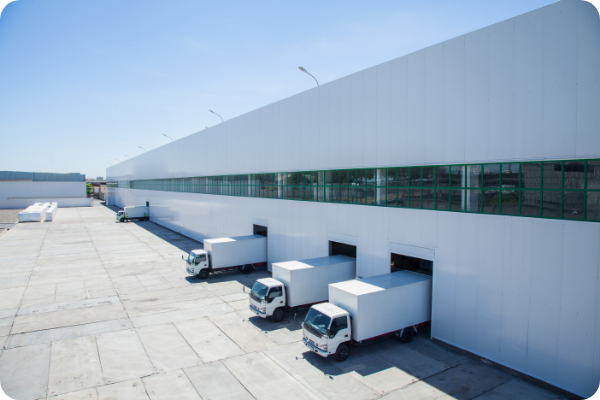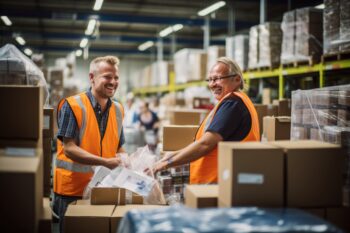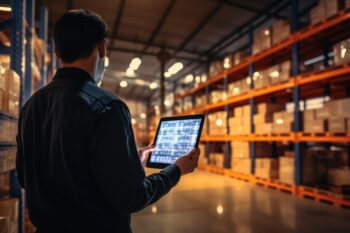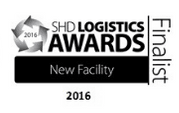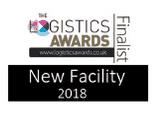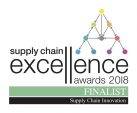Innovations in mobile refrigeration for last mile deliveries
The growth in e-commerce has underlined the need for innovation in refrigeration technology. Consumers are becoming increasingly concerned about food safety, food spoilage and waste, excess packaging, and carbon emissions. The “last mile” is a broadly used term referring to the last step in the delivery of a product or service to the final destination or end-user. The cold chain has become a hot topic of interest for end-users which can be businesses, shops, households, restaurants, and even hospitals and clinics. Products impacted include medicines, meat, fish, ready meals, dairy, frozen goods, fruits and vegetables, and even flowers. For some products, a few degrees more or less can spell the difference between being an acceptable delivery or a catastrophic spoilage. There is a fine line between success and failure for distributors and retailers. The last mile can make up 28 percent of a shipment’s total cost.
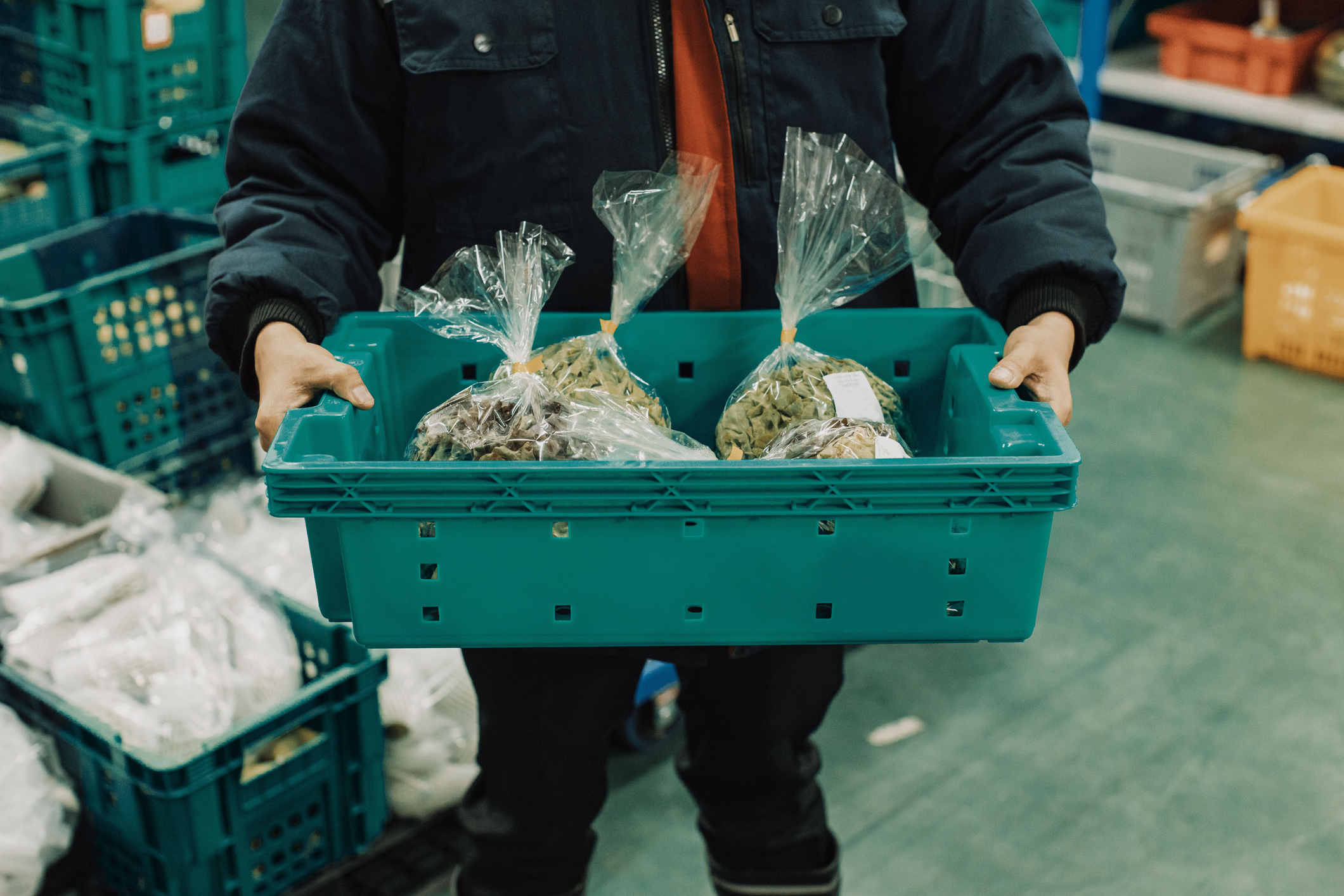
Pharmaceutical products and medications
The last-mile may include deliveries to hospitals, clinics, pharmacies, or even medicines direct to the end user. Pharmaceutical products can require very low temperatures failing which they must be destroyed. The challenge is that each type of product, in one shipment, may require a different level of refrigeration and need constant monitoring. Pharmaceutical products are sensitive to light, temperature, humidity, and a host of other factors. Frozen sperm, eggs, and embryos must maintain a temperature of -165°C, and blood needs to stay between -2°C and -8°C. Some vaccines must be kept at -60°C or even lower. Storing and transporting medications at the right temperature is an efficient and safe way to minimise waste and unnecessary costs.
Grocery and food
According to a recent report, online grocery revenue is expected to account for 20% of total grocery sales by 2026, and much of it will need refrigeration. According to DSV, a global logistics company, most refrigerated, chilled and fresh produce is stored and transported at temperatures between -1.5 and +14 degrees C, varying by product type.
Some chilled foods travel safely when kept at a constant temperature between (4°- 8°C) like in your kitchen fridge, while others require a deep freeze. According to Dana Krug, vice president, and general manager at Phononic, a leader in cold chain technologies, “maintaining the perfect temperature for a range of products — frozen, chilled, and ambient — is forcing grocery retailers to rethink their entire operations”. Flowers need a constant temperature of 1.1°C – 1.3°C. They should be kept apart from”, becoming can be easily damaged by the ethylene gas produced from some ripening fresh produce.
Developments in cold chain technology
Solid state technology
Battery-powered solid-state solutions are creating a promising opportunity for distributors and retailers. Thermo-electric technology uses carbon dioxide as opposed to generating or releasing it, so it uses less heat. The process is energy- and cost-efficient and can maintain consistent and reliable temperatures in electric vehicles. Individual compartments can be set at different temperatures optimising energy usage while keeping the main space at a standard temperature. Thermal-mapped temperature-controlled vans are fitted with WiFi or mobile tracking tools and use either single-use or reusable packaging with monitors inside. The precise temperature control of solid-state cooling technology ensures that products are always delivered in perfect condition. Electric delivery trucks can be converted into all-electric tri-temperature vehicles if customised. The partnership between Phononic and Sortimo, the shelving solutions supplier, refitting the Ford E-Transit (Extended Version) with reconfigurable interior shelving is an example
The cold chain has seen many developments beyond ice packs and insulated cooler boxes. Traditional compressor-based refrigeration systems take up significant truck space and are prone to maintenance and leaking problems that slow down delivery schedules. They are also noisy and prone to vibration. Other options such as propane units are high risk due to flammability. The increase in the use of electric vehicles in grocery deliveries has grown the market for battery-driven portable refrigeration. Further advances in refrigeration technology are making it possible to change how packages are cooled and how we remotely monitor their environment when in transit. Solutions like solid-state cooling technology offer an alternative that is more mechanically reliable, but also more sustainable than the hydrofluorocarbons commonly used in compressors.
Challenges in Cold Chain Supply Chains
The inability to connect to a stable electricity supply is a barrier to widespread expansion, especially in developing nations. Passive containers can only maintain their temperatures for a short time and the lack of real-time access to online tracking data makes monitoring difficult. Sustainability is on everyone’s radar. We need to understand how we can use these alternative technologies and become “greener”, becoming more energy-efficient using improved insulation materials, polluting less and reducing waste.
Controlling the costs of last-mile deliveries is a necessity for any online retailer or distributor to remain competitive. The adoption of electric vehicles and telematics is part of the solution. Cold chain specialists are constantly trying to find innovative methods to make last-mile deliveries work more smoothly at an affordable cost.
SCCG helps companies to optimise their last-mile operations and implement smarter solutions. We are cold chain experts and have extensive experience in selecting and implementing electric vehicles, refrigeration solutions, and related technology tools. If you’d like to learn more about our operations, contact us today.

